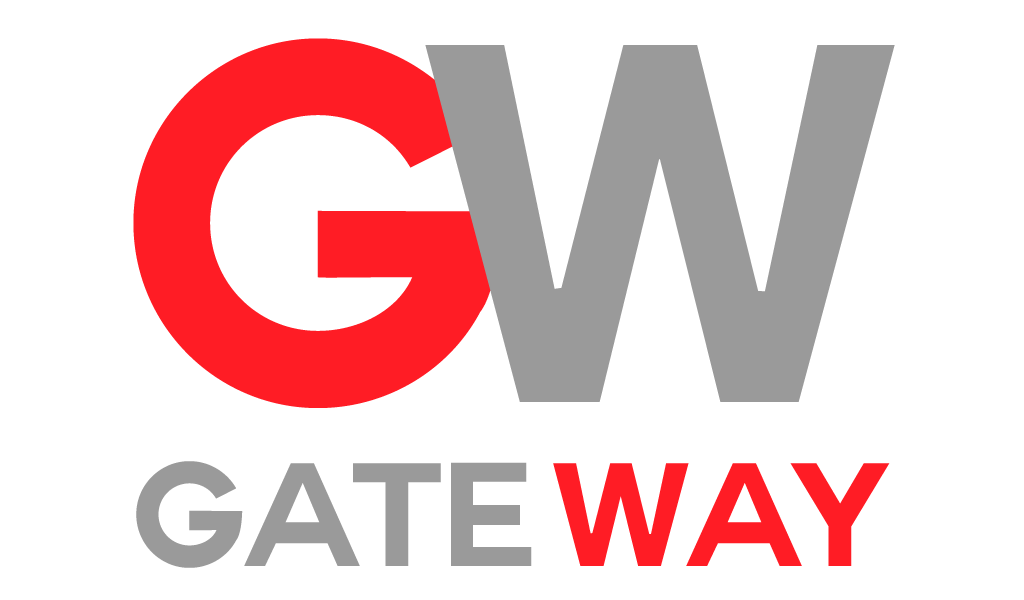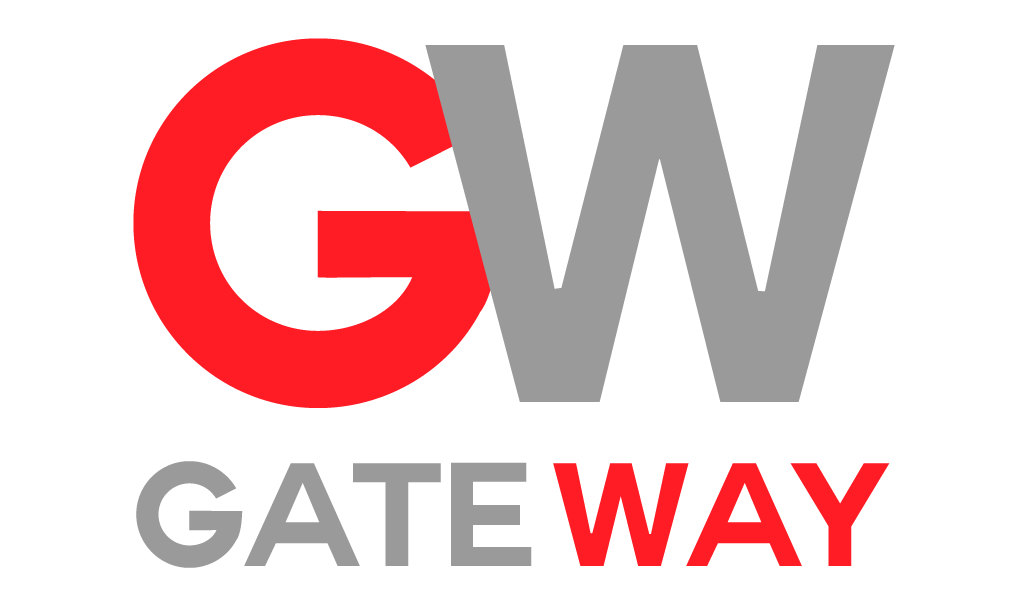IBM and Josh Bersin recently put out an interesting study on the skills gaps that are currently opening and how technology advancements are creating gaps in many companies’ workforces.
5800 executives across 50 countries were surveyed and their findings were telling. (https://www.ibm.com/thought-leadership/institute-business-value/report/closing-skills-gap#)
They’re feeling pain identifying, recruiting and retaining behavioral skills.
Out of 12 identified pain points, the top 4 were all behavioral qualities, or soft skills as they used to say back when Methuselah was a young man.
Take a look at this graphic.

But for me the report is flawed as it focusses on those behavioral traits and then bunches those cognitive skills in to one big bucket.
The other side of the equation is to ensure that the workforce not only has the right behavioral skills to succeed in that role but also that you have the right cognitive skills in place to be able to do the job.
I don’t care what you say about how nice the lady at the cash register is, she’s not doing my income taxes for me. Part of that is obviously training but if she is performing well in the role that she’s in she obviously has the right behavioral traits for the role as well.
And there’s your fit on skills and behaviors.
I can’t speak to her cognitive skills as that has never been assessed (or at least if it has, they forgot to tell me).
And there’s your argument for a cognitive assessment.
We all know the benefits of hiring for the right skills right now but there’s alot to be said for hiring for the right skills for 18 months from now (partly because a recent survey said that 46% of people hired today won’t be in the job in 18 months).
So by all means hire for skills and experience.
And behavioral traits.
And don’t forget cognitive abilities.
The skills gap that is happening won’t be corrected by just hiring and firing, or more accurately firing and hiring; it has to be through retraining. The same study said that retraining timeframes have increased twelve fold from 3 days on average in 2016 to 36 days in 2019, contrast that with typically 90 day hiring cycles.
Clearly retraining is infinitely more acceptable from an economic perspective. It’s probably also more acceptable from a HR perspective!
The behavioral and cognitive skills are essentially the keys to open the retraining door, certain people learn different things better.
Apparently my abstract reasoning ain’t so great, my wife would argue that I’m totally unreasonable but that’s a different blog article altogether.
If you focus on these three pillars in recruiting then you have a far greater likelihood of retaining as you’re retraining your workforce.
That was a great play on words, I might use it again.

